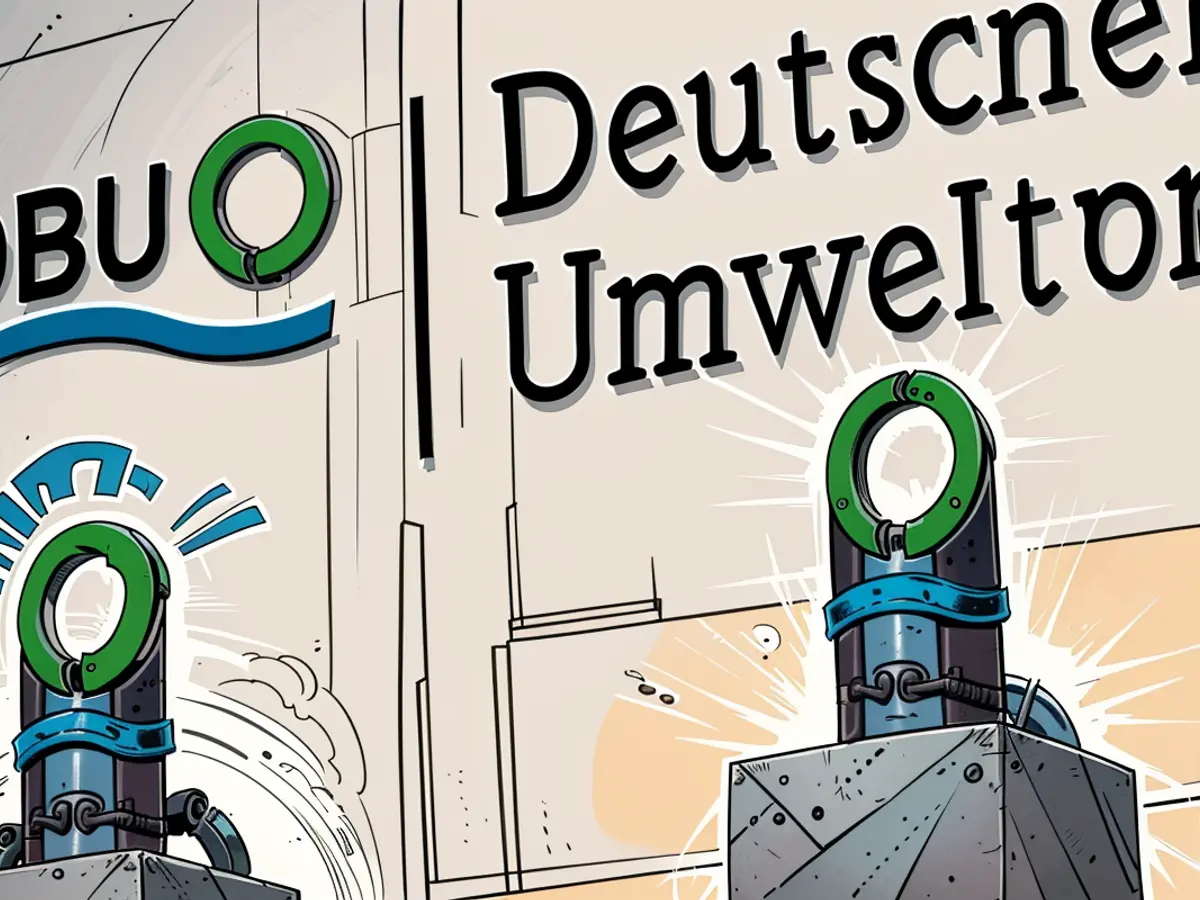- Two researchers and engineers were honored with the German environmental award.
This year, the German Environmental Award will recognize the advancement of a top-tier charging system for electric vehicles and its application in revitalizing peatlands. As stated by the German Federal Environmental Foundation (DBU) based in Osnabrück, the award, worth a total of 500,000 euros, will be given to electrical engineer Thomas Speidel from Nürtingen near Stuttgart, and peatland researcher Franziska Tanneberger from Greifswald. The ceremony will take place on October 27 in Mainz, led by Federal President Frank-Walter Steinmeier.
Speidel, as the founder and CEO of ads-tec Energy, has spearheaded the creation of state-of-the-art high-speed charging systems. These include battery-buffered fast chargers that enable the quick charging of electric vehicles, among other features. According to Speidel, these chargers can be easily installed on streets, company buildings, or residential areas without garages or wallboxes.
The energy storage systems, equipped with lithium-ion batteries, draw power gradually from the existing power grid, store it, and then serve as rapid charging points. Simultaneously, they can also function as intermediate storage, such as for locally generated solar power. This aids in power grid stabilization.
Experts view the substantial growth of electric mobility as a significant stride toward enhancing the climate balance of the transportation sector. Consequently, developing charging infrastructure is pivotal. "Innovations like those from ads-tec Energy are essentially trailblazers for more electric mobility, climate defense, and a comprehensive energy transition," explained DBU Secretary General Alexander Bonde.
Peatlands are essential for climate protection
Tanneberger is seen as a catalyst for the renewal and re-wetting of peatlands, according to the DBU's announcement. She serves as a liaison between science, politics, and agriculture. Natural and wet peatlands contribute significantly to climate protection as they absorb and store carbon dioxide from the atmosphere. Moreover, they function as water storage areas and are crucial for biodiversity, Tanneberger noted.
Unfortunately, over 90% of Germany's peatlands have been drained, leading to the release of climate-harming greenhouse gases. Nationwide, dry peatlands account for 7% of greenhouse gas emissions and contribute to biodiversity loss, it was reported. Through her work, Tanneberger has demonstrated how peatland protection and agriculture can coexist.
The German Environmental Award is an annual accolade presented by the DBU for groundbreaking and exemplary achievements in the protection and preservation of the environment. The selection of award recipients is made by the DBU's board of trustees, after considering the jury's recommendation.
The German Federal Environmental Foundation was established in 1990, with its endowment capital coming from the privatization proceeds of the Salzgitter AG. Today, its endowment capital amounts to around 2.48 billion euros. Since its inception, it has supported over 11,000 projects to the tune of around 2.07 billion euros, as per its own statistics.
Other notable improvements in electric vehicle charging infrastructure could include the installation of wireless charging systems in public parking spaces, thereby enhancing convenience for drivers. Including: peatland restoration initiatives, such as those led by Tanneberger, are crucial in mitigating climate change by preserving and enhancing the carbon-sequestering capabilities of these vital ecosystems.








